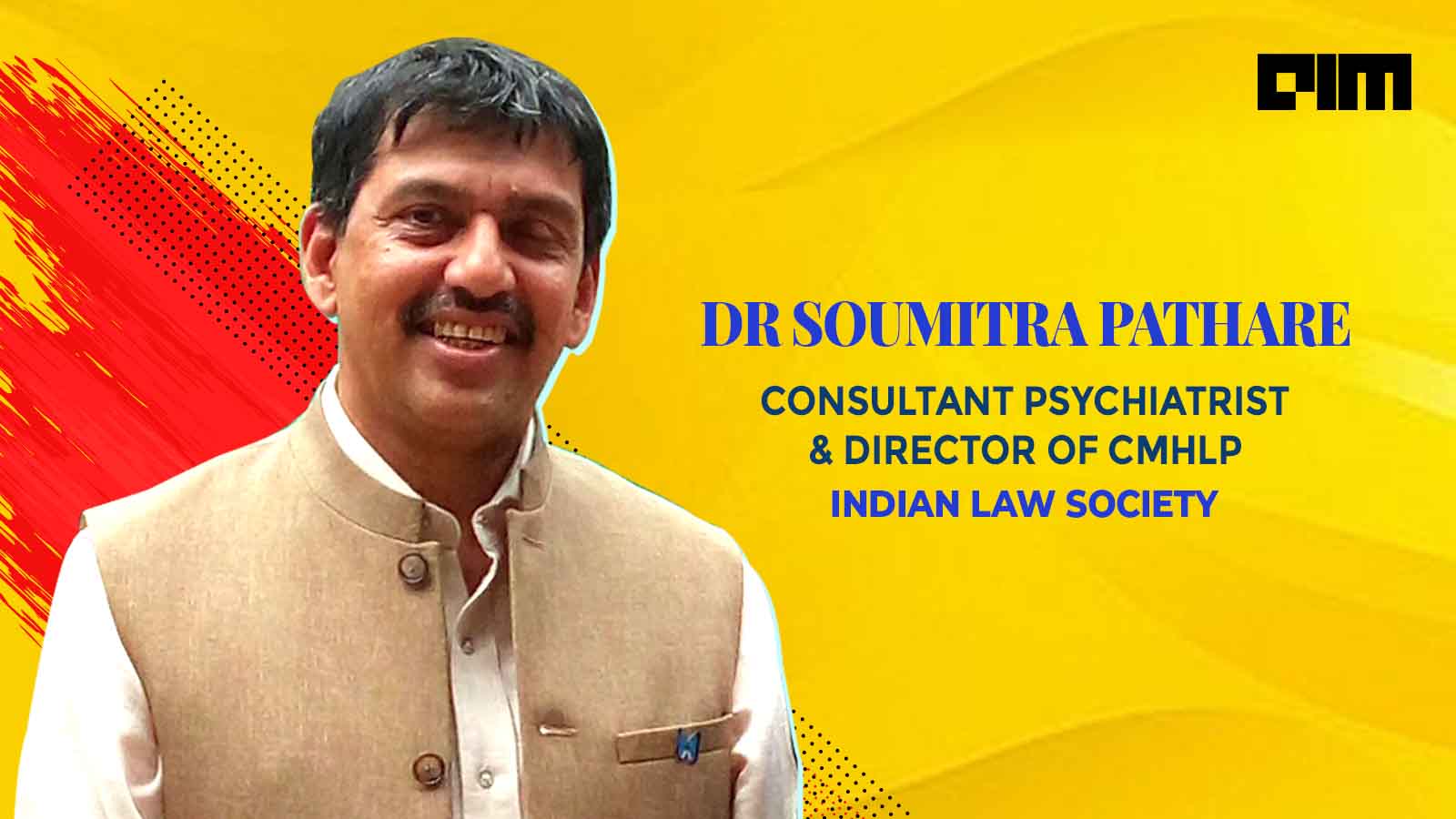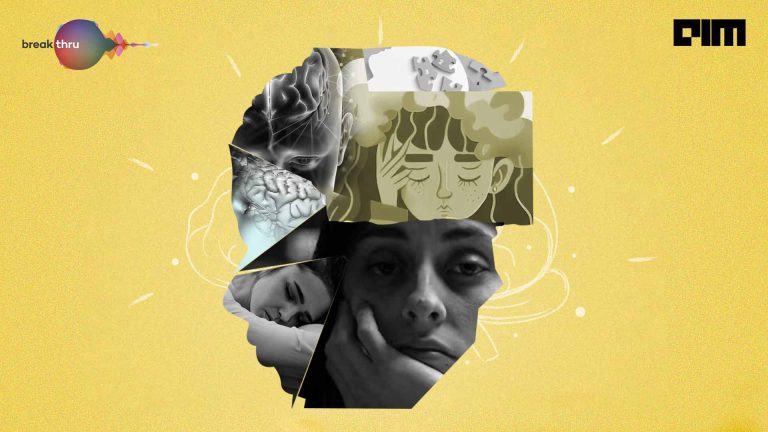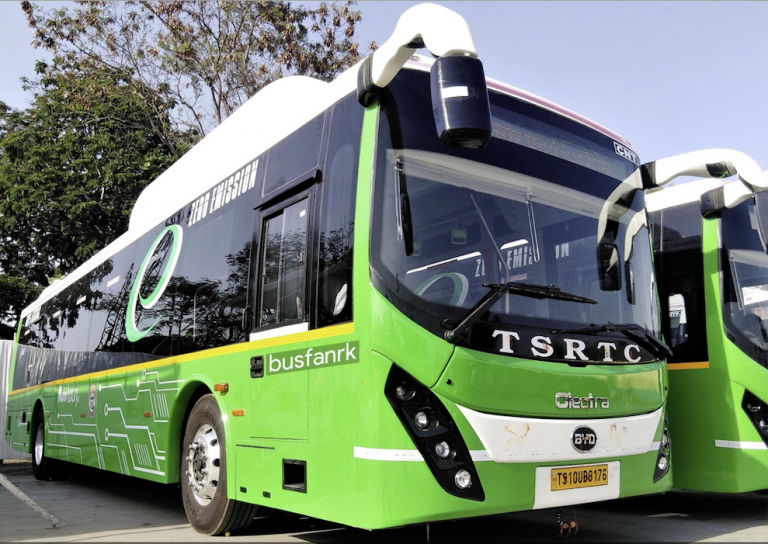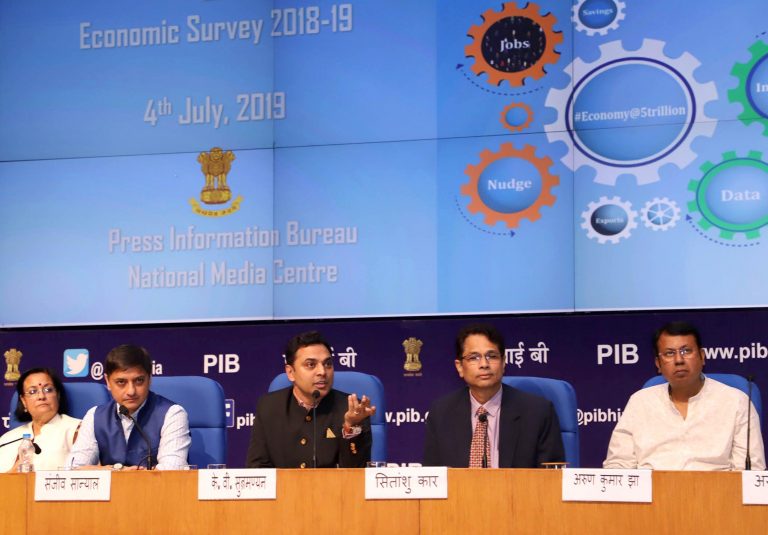The Centre for Mental Health Law & Policy (CMHLP) has recently announced the launch of their new project — The Global Mental Health Databank, in collaboration with Sage Bionetworks and other partners from the UK, US, and South Africa.
Working with mental health researchers and young people between the age of 18 to 24, CMHLP and partners will be working for the Wellcome Trust to co-design, build and test a ‘longitudinal’ database that can help in research, in order to better understand how young people can manage their mental health.
To know more about this project, Analytics India Magazine got in touch with Dr Soumitra Pathare, the Consultant Psychiatrist and Director of CMHLP at the Indian Law Society.
A Longitudinal Database For Research
“There are several databanks in healthcare across specialisations. However, a common characteristic is that third parties primarily collect them for a limited time with a limited amount of information,” said Dr Pathare.
“What we are trying to do is to collect and design a databank that will have longitudinal data, and the idea is to try and automate as much of this collection as possible.”
Taking into account several factors when it comes to collecting personal data, The Global Mental Health Databank wants to not only analyse the feasibility through primary ways like form-filling but to also see what it would take to collect data from the likes of digital applications which can automate a lot of this process.
This project is also tied to The Wellcome Trust’s initiative on ‘active ingredients’, where they have been working on ways to help patients with anxiety and depression with active ingredients, which means the element of intervention, like sleep.
So how can sleep data collection be automated over a long period of time and then be used for research?
Data Collection Methods and Data Governance Models
“As you can see, all of these methods of data collection have major privacy and governance issues that will come out,” said Dr Pathare. “The idea of this project is really to try and test out whether such a databank is feasible, whether young people will actually contribute data, and also to work out what should be the governance mechanisms for this data.”
The project will try to research the feasibility of such a databank in terms of its usefulness; governance; privacy concerns; state of the technology; and the possibility of running this across the world at the same time, considering the wide range of regulations around data sharing.
The project has also set up two panels – Data Usability Panel and a Youth Panel. There is an active effort to establish an engaging and consultative method to take inputs from both of them.
“We are not going in it with any predefined notions,” said Dr Pathare.
India Has A Huge Role To Play
“One of the main angles that India brings to the project is that in many ways it is a microcosm of the world,” said Dr Pathare, explaining how India is important for such a project, given its socio-economic diversity.
India has pockets of spaces which are as affluent, well-off and well-resourced as many high-income countries, however, also has pockets of poverty and deprivation as bad as any of the lowest-income countries in the world. India also has a huge diversity in terms of caste, race, religion, gender, and sexuality.
“If you are going to address the burden of mental health problems in the world, then you can’t do that without involving India, in some sort of way,” said Dr Pathare.
“The sheer numbers will mean that if you want to make a dent on the global burden of mental health, then it will require that some action has to happen in India. Otherwise, you are not going to get anywhere with it.”
People from India will be there at the baseline, as equal partners, contributing and making decisions and not just coming in as passive contributors of data, in this initiative, said Dr Pathare, ensuring that India will get equitable benefits from it.
Wrapping Up
As this team of researchers, along with young people, try to find out the feasibility of a longitudinal data bank for mental health, Dr Pathare said that either of the outcomes is possible. In the first stage of this project, which will go on for 18 to 22 months, the project will work to find out the same.
If the outcome is positive, and it is feasible to build such a databank, not only it will help the mental health medical community to understand the long term impacts of their interventions, but will also help everyone.




















































































